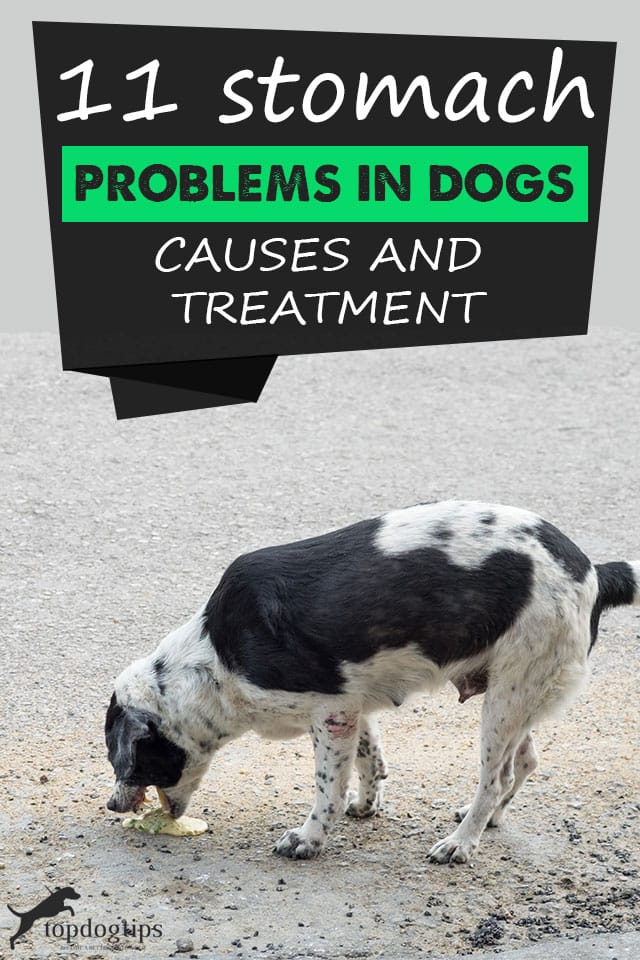Malabsorption in dogs is a condition where the body fails to properly absorb essential nutrients from food. This can stem from disruptions in digestion, absorption, or both. While interference with food digestion in dogs often points to a lack of pancreatic enzymes—a condition known as exocrine pancreatic insufficiency—most cases of absorption failure are linked to diseases affecting the small intestine. Recognizing the signs and understanding the diagnostic and treatment approaches are crucial for owners to ensure their canine companions receive the best care.
Symptoms of Malabsorption
The primary indicators of malabsorption arise from the body’s inability to absorb nutrients and the subsequent loss of these nutrients in the feces. Dogs suffering from this condition typically exhibit long-term diarrhea, significant weight loss, and changes in appetite, which can manifest as either a decreased or an excessive desire to eat. It’s important to note that diarrhea might not always be present, even in severe cases. Weight loss can be substantial, occurring despite a good appetite. Some dogs may even resort to eating feces or non-food items. Apart from these specific symptoms, dogs with malabsorption often appear otherwise healthy, unless the underlying cause is severe inflammation or cancer. Additional nonspecific signs that may arise include dehydration, anemia, the presence of dark blood in stools, or fluid retention. A veterinarian might also detect thickened bowel loops or enlarged abdominal lymph nodes during a physical examination.
Diagnosing Malabsorption
Diagnosing malabsorption in dogs can be a complex process, as the common symptoms of long-term diarrhea and weight loss are also indicative of several other diseases. Therefore, achieving an accurate diagnosis may require more than one veterinary visit. A thorough examination is essential for dogs presenting with malabsorption signs to ascertain if these symptoms are due to a generalized or metabolic underlying disease. Specific tests can help differentiate malabsorption from conditions such as inflammatory bowel disease, liver disease, or parasitic infections. The dog’s history is particularly vital, as it can offer clues pointing towards a specific food allergy, the consumption of non-food items, or other sensitivities. While weight loss can suggest malabsorption or protein-losing disease, it can also result from a loss of appetite, vomiting, or a non-digestive ailment.
There are distinct features that help differentiate small-intestinal diarrhea from large-intestinal diarrhea. Suspected large intestine disease in dogs can be further evaluated through a biopsy of the intestinal lining. However, if the signs are accompanied by weight loss or large volumes of feces, it strongly suggests that the small intestine is also affected. Initial diagnostic tests typically encompass blood, urine, and fecal analyses, along with X-rays and an abdominal ultrasound. In some instances, specialized blood tests and tissue biopsies may also be necessary to confirm the diagnosis.
Treatment and Management
The treatment of malabsorption in dogs involves a multi-faceted approach, including dietary changes, managing any complications, and addressing the underlying cause if it can be identified.
Addressing Exocrine Pancreatic Insufficiency (EPI)
If malabsorption is caused by exocrine pancreatic insufficiency, treatment typically involves feeding a specialized diet. This diet should be low in fiber, contain moderate levels of fat or highly digestible fats, include very digestible carbohydrates, and be rich in high-quality protein. Supplementation with pancreatic extracts to provide the necessary enzymes is also crucial for dogs with EPI. If a dog’s response to pancreatic replacement therapy is suboptimal, small-intestinal bacterial overgrowth might be suspected. In such cases, a course of oral antibiotics, usually lasting about one month, may be prescribed to reduce the bacterial overgrowth.
Dietary Modifications and Sensitivity
Dietary modification plays a significant role in managing small intestinal diseases. Your veterinarian might recommend an exclusion diet, which consists of a single protein source that your dog has not been previously exposed to, as a diagnostic test when dietary sensitivity is suspected. It is imperative to adhere strictly to the special diet and any prescribed medications exactly as instructed by your vet. Owners may be tempted to offer “special treats” outside the prescribed diet, which can significantly delay diagnosis and the necessary treatment for their pet. During this period, owners can provide alternative rewards such as petting, a new blanket, a suitable toy, or extended periods of focused attention, which are often more valuable to the pet than food.
Prognosis for Dogs with Malabsorption
The outlook for dogs diagnosed with malabsorption varies depending on the underlying cause. For dogs with a simple cause, such as exocrine pancreatic insufficiency, the prognosis is generally good. Approximately 85% of dogs with EPI respond well to treatment with pancreatic enzymes. However, the outlook is less favorable for dogs suffering from severe small intestinal disease, cancer, fluid retention due to low protein levels, significant weight loss, low vitamin B12 levels in the blood, or a complete loss of appetite. Early diagnosis and consistent adherence to treatment plans are key to improving the long-term health and quality of life for dogs affected by malabsorption.

